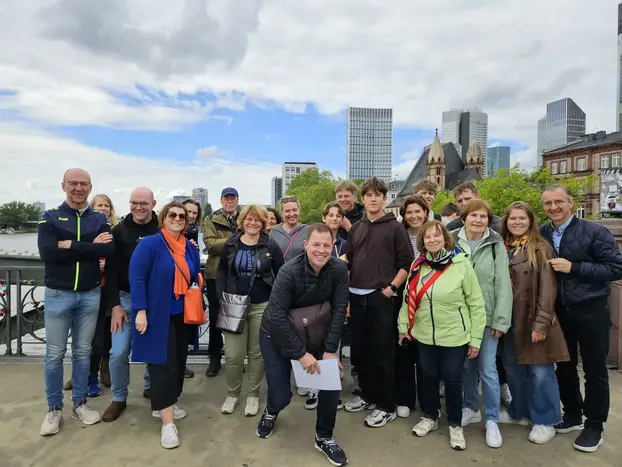
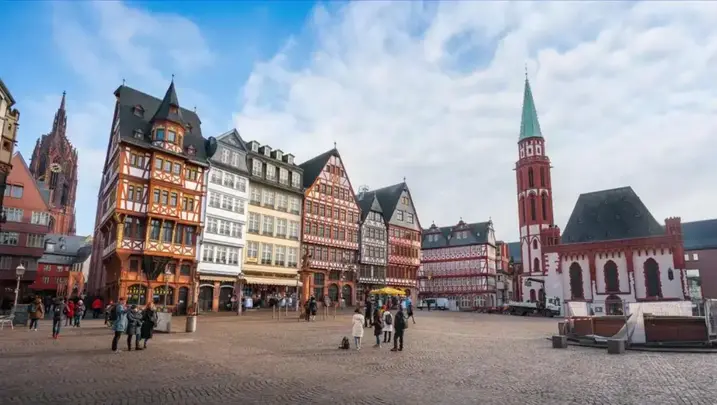
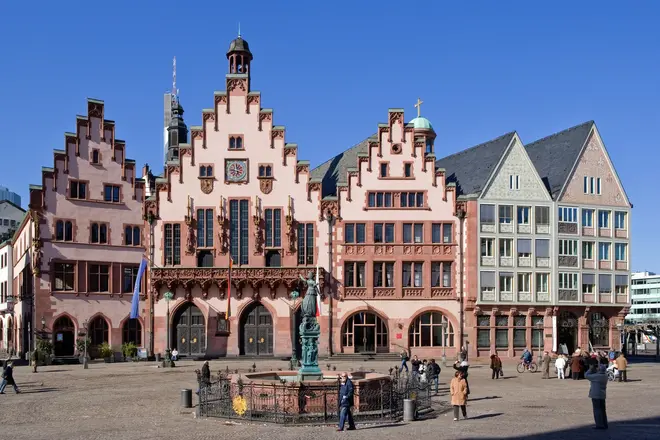
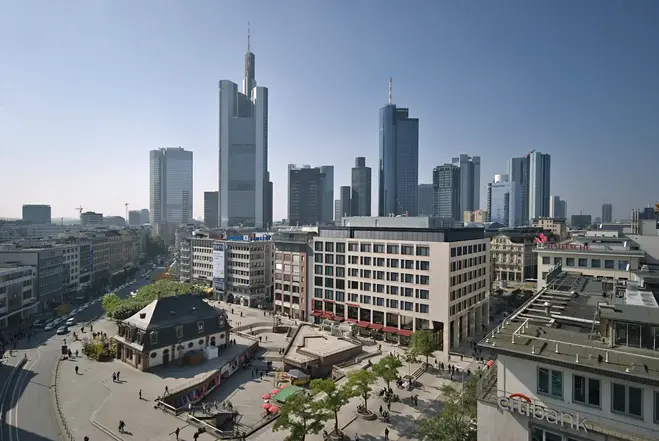
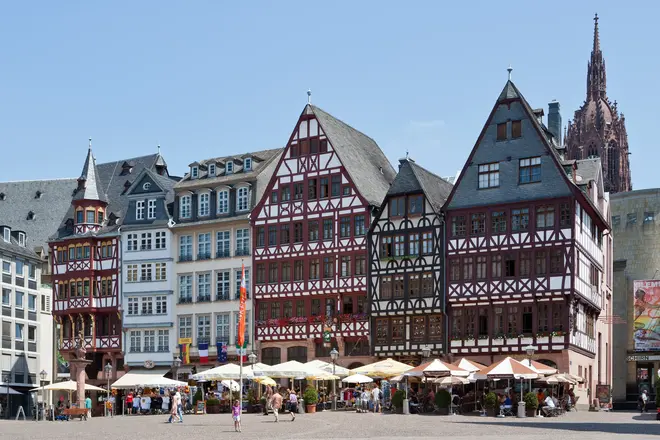
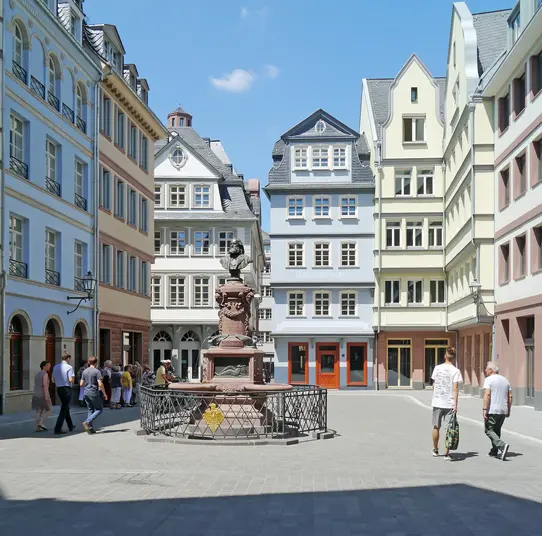
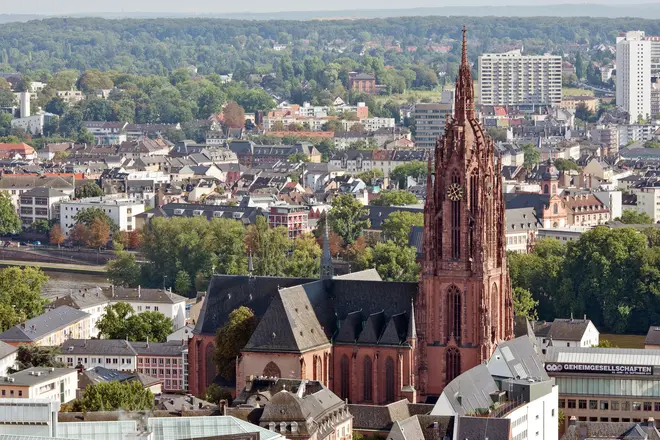
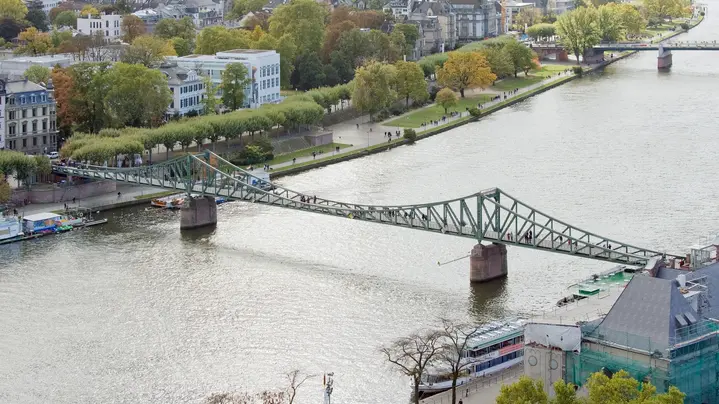
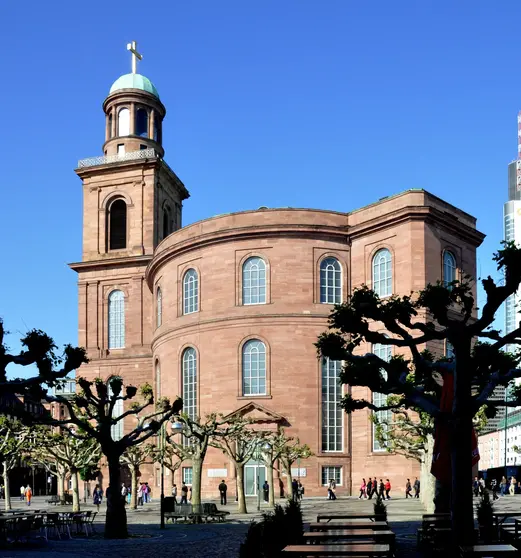
Free walking tour through Frankfurt's old town. The best introduction to historic Frankfurt.

Tour description
Welcome to Frankfurt's Old Town!
Frankfurt is a fascinating city. There are contrasts here that you can rarely experience in such compactness in such a small space in other cities. It is a diverse, tolerant and cosmopolitan city with everything that goes with it.
Frankfurt was a center of the Holy Roman Empire of the German Nation. This is where the German emperors were elected and crowned. It is also the city where the first German parliament met, the cradle of German democracy.
Immerse yourself in the history of this fascinating city and follow in the footsteps of emperors, poets, thinkers, saints and democrats.
Below are some of the highlights we will visit on our tour:
- Römerberg
- Imperial Hall
- New old town
- Chicken market
- House at Golden Scales
- Imperial Cathedral of St. Bartholomew
- Hall Alley
- House Werthym
- Iron Bridge
- Paul's Church
I look forward to seeing you and hope you enjoy the tour.
Best regards
Holger
What will we see on this tour?








